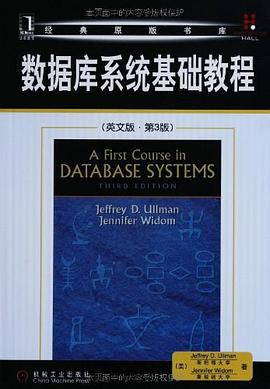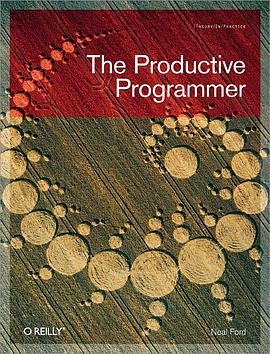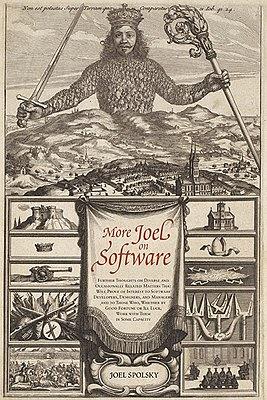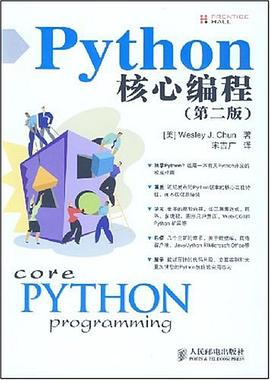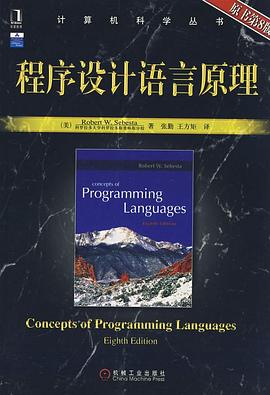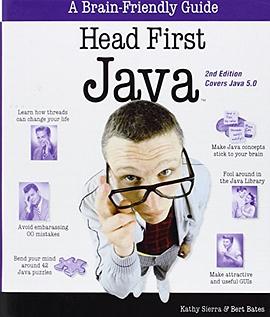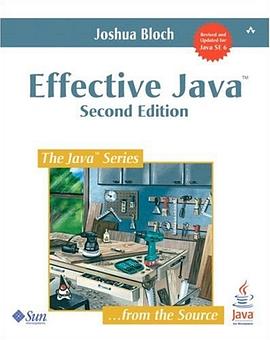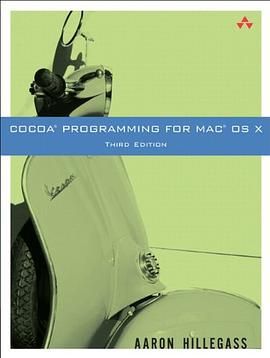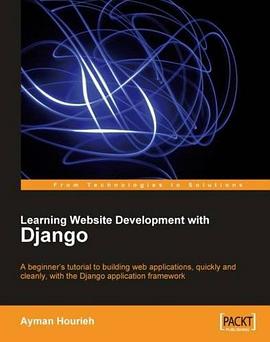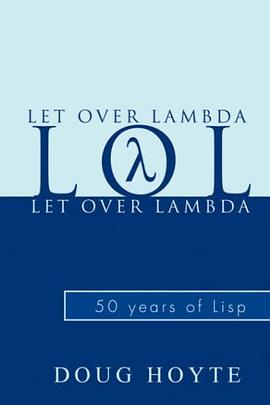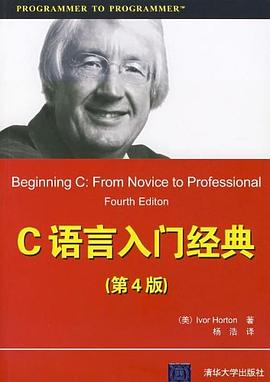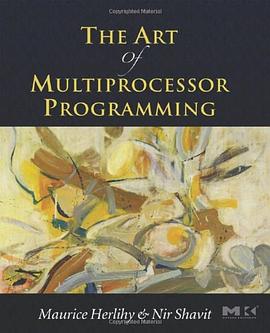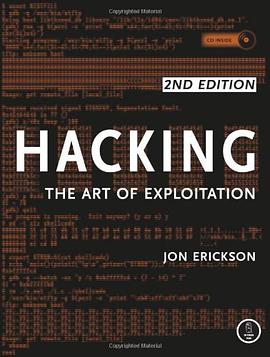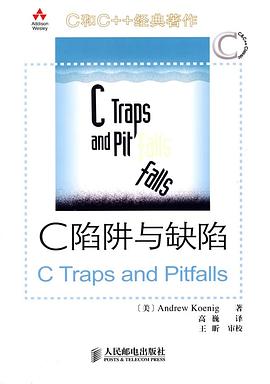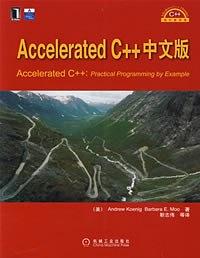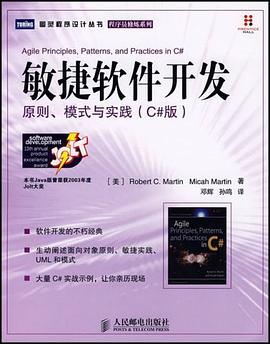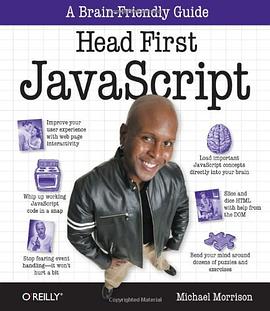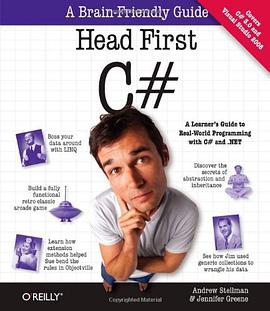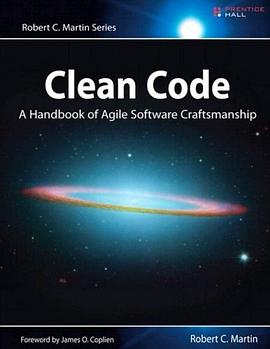

具體描述
Even bad code can function. But if code isn’t clean, it can bring a development organization to its knees. Every year, countless hours and significant resources are lost because of poorly written code. But it doesn’t have to be that way.
Noted software expert Robert C. Martin presents a revolutionary paradigm with Clean Code: A Handbook of Agile Software Craftsmanship. Martin has teamed up with his colleagues from Object Mentor to distill their best agile practice of cleaning code “on the fly” into a book that will instill within you the values of a software craftsman and make you a better programmer—but only if you work at it.
What kind of work will you be doing? You’ll be reading code—lots of code. And you will be challenged to think about what’s right about that code, and what’s wrong with it. More importantly, you will be challenged to reassess your professional values and your commitment to your craft.
Clean Code is divided into three parts. The first describes the principles, patterns, and practices of writing clean code. The second part consists of several case studies of increasing complexity. Each case study is an exercise in cleaning up code—of transforming a code base that has some problems into one that is sound and efficient. The third part is the payoff: a single chapter containing a list of heuristics and “smells” gathered while creating the case studies. The result is a knowledge base that describes the way we think when we write, read, and clean code.
Readers will come away from this book understanding
How to tell the difference between good and bad code
How to write good code and how to transform bad code into good code
How to create good names, good functions, good objects, and good classes
How to format code for maximum readability
How to implement complete error handling without obscuring code logic
How to unit test and practice test-driven development
This book is a must for any developer, software engineer, project manager, team lead, or systems analyst with an interest in producing better code.
著者簡介
Robert C. “Uncle Bob” Martin has been a software professional since 1970 and an international software consultant since 1990. He is founder and president of Object Mentor, Inc., a team of experienced consultants who mentor their clients worldwide in the fields of C++, Java, C#, Ruby, OO, Design Patterns, UML, Agile Methodologies, and eXtreme programming.
圖書目錄
讀後感
这是一本真正的好书,不过如果读者没有一定的经验,以及缺乏对编程境界的追求的话,可能认为这本书很一般,甚至认为只是说了一些大白话。当然,对于有心人来说,这本书里面的很多东西可能都已经习以为常了。我的排序:本书>《代码大全》>《重构》。
評分公认的翻译比较生硬外,如此书副标题所写:a handbook of agile software craftsmanship. 虽说定义为敏捷软件技能手册,但不失为编码从业人员最基础的职业代码要求规范。
評分距离第一次看鲍勃大叔的"敏捷开发实践与模式"那本书已经有好多年了, 与那本书相比, 这本书相对来说更强调细节, 如果前一本书强调从大的方面, 比如从设计上, 从方法学上如何写出好的程序, 那么这一本书则是来强调从类的结构, 方法的布局, 变量的命名上阐述如何写出好的代码. 这...
評分写代码有时候就像整理画建筑图纸,没有一个清晰得思路和架构,必然捣鼓出一个脏乱差的社区,更谈不上一栋一栋盖高楼了。 整洁的代码这本书读罢,觉得需要好好审视自己以往的代码和思考方式。 敲代码,说实话是个技术活也是个流水线活儿。关键在于花多大心思去整它。 读一读,应...
評分看了前几章,大惊! 对自己这几年的积累,还是颇为自信的。想不到短短的几章书,就抵得上我几年的领悟了。 早几年看到这本书,也许现在的水平能再上一个台阶! 强力推荐。 书不见了,还得再买一本了
用戶評價
好書!
评分It's all about craft and taste.
评分真心建議每個寫程序的都熟讀牢記應用,這樣同僚的WTF/minute真心會減少很多
评分Aweshhome!
评分沒看完。關於什麼是乾淨的代碼,就像是評價什麼是好的繪畫一樣,仁者見仁智者見智。盡管有些公認的標準,但是作者的標準個人並不喜歡。不過在一個大公司,規定統一的風格很重要,無論喜不喜歡,都應遵守。
相關圖書
本站所有內容均為互聯網搜索引擎提供的公開搜索信息,本站不存儲任何數據與內容,任何內容與數據均與本站無關,如有需要請聯繫相關搜索引擎包括但不限於百度,google,bing,sogou 等
© 2025 book.quotespace.org All Rights Reserved. 小美書屋 版权所有


